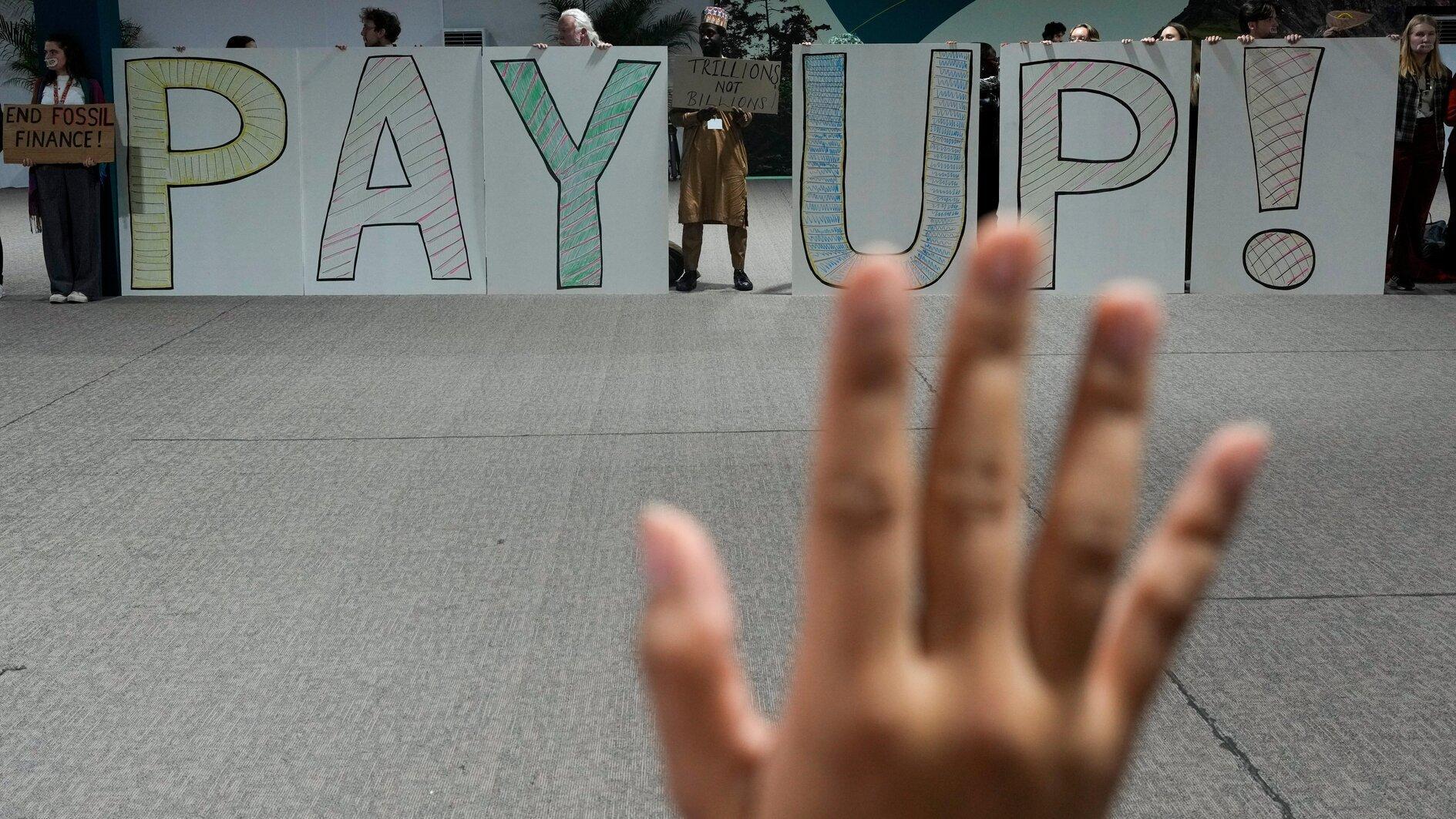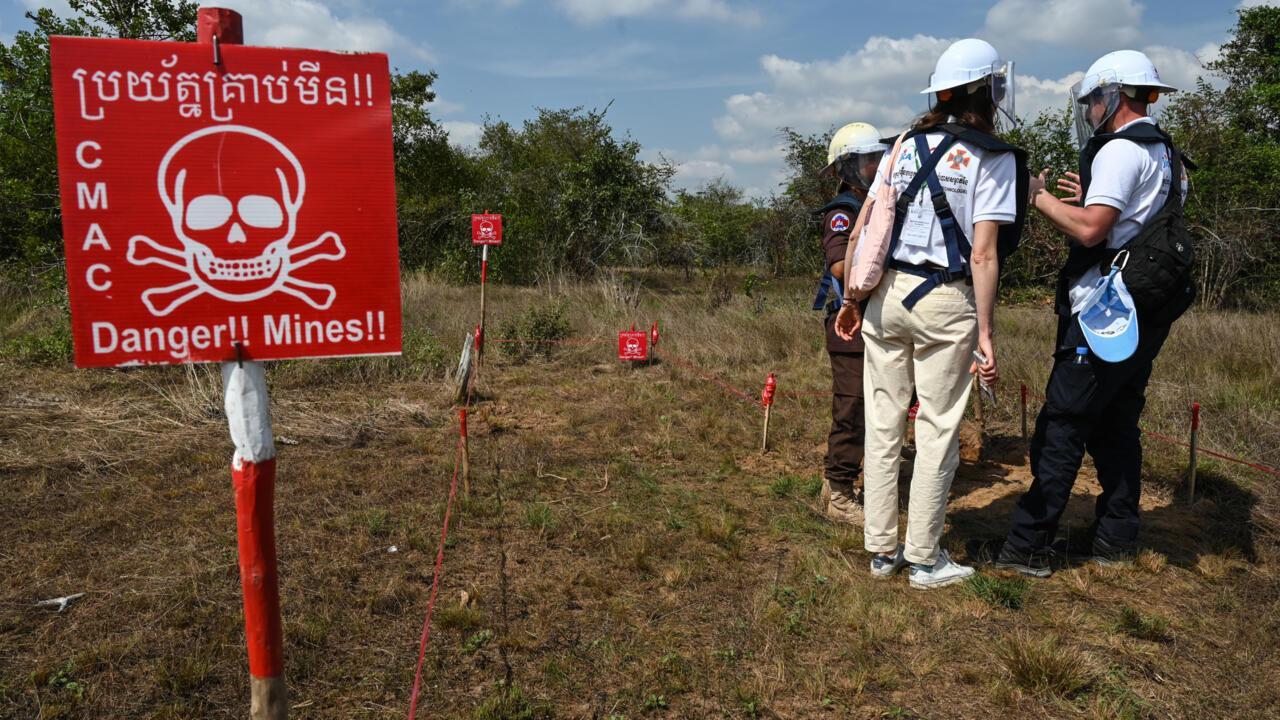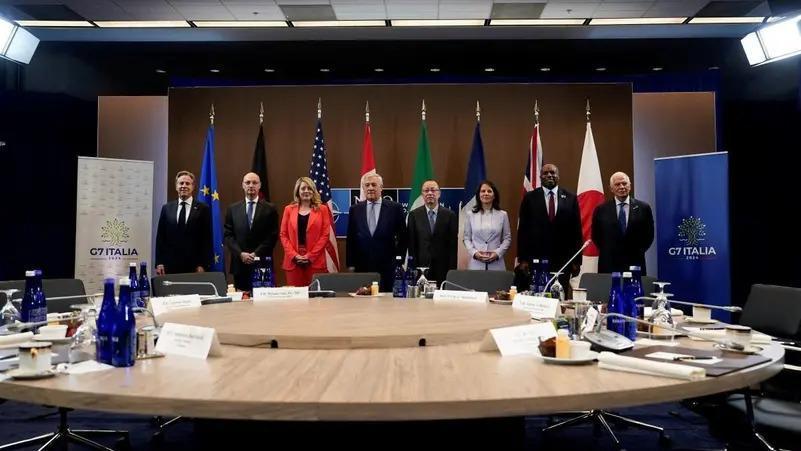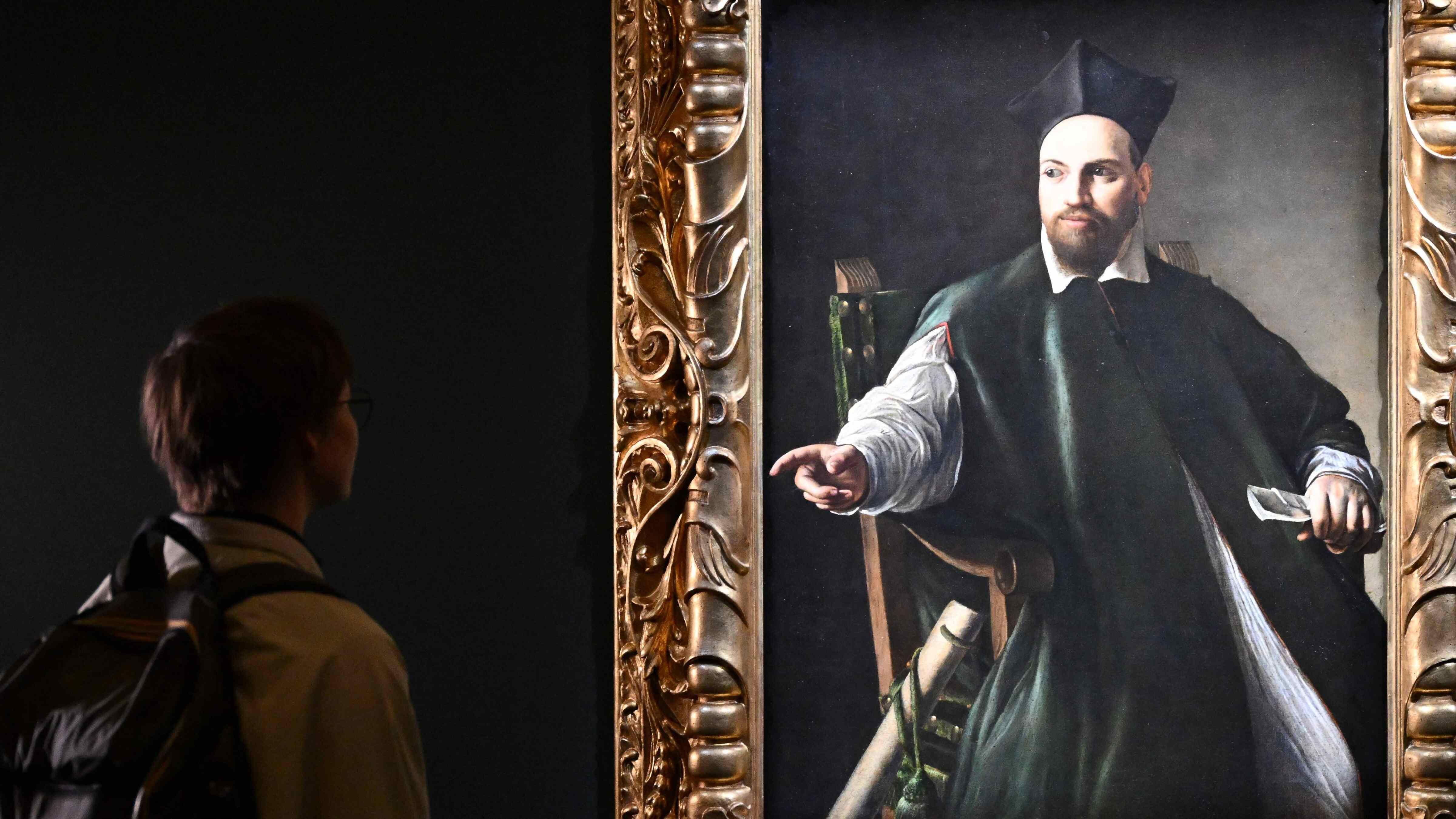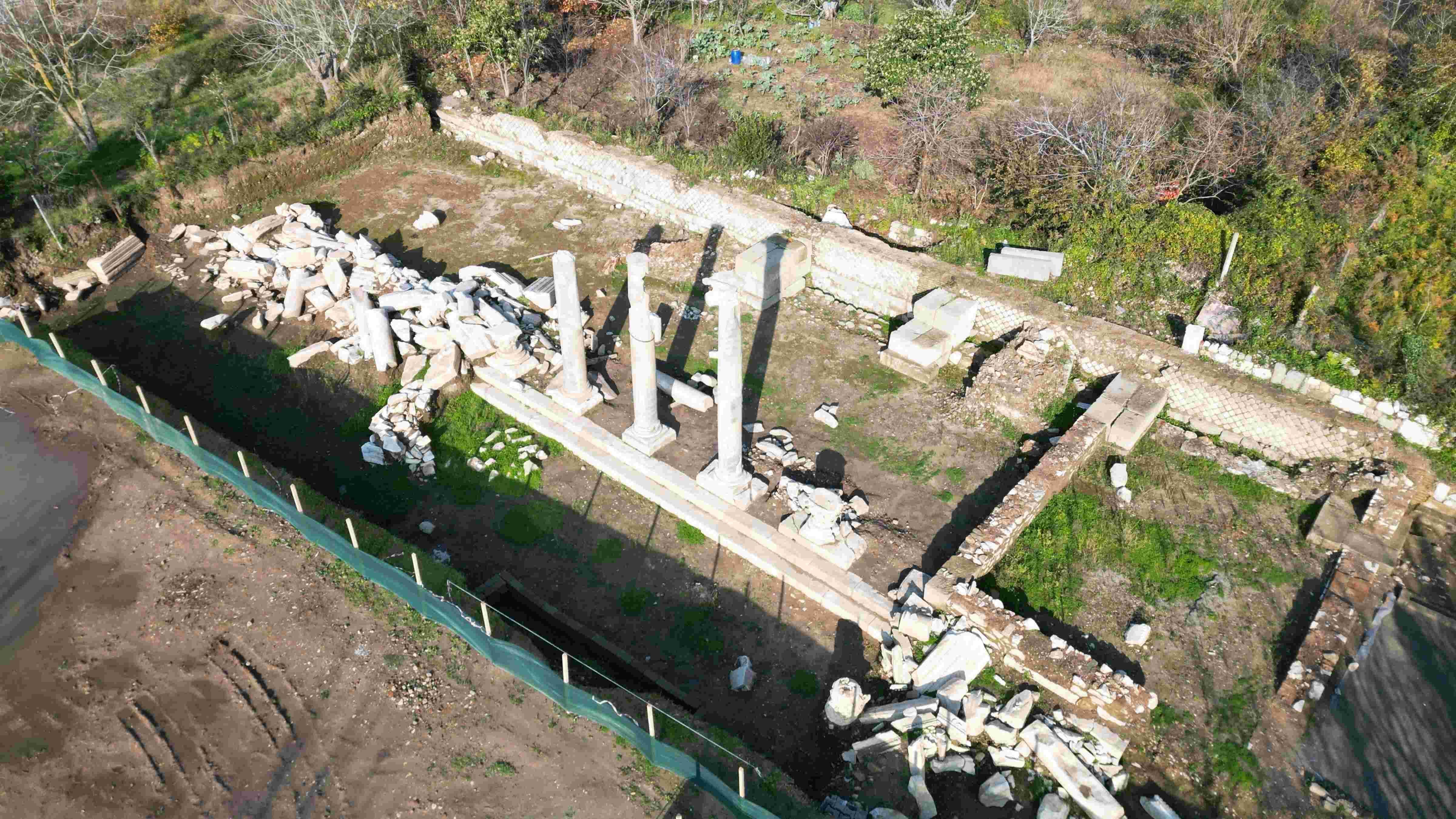Obama versus Turkish politicians: Who fares better on social media?
EMRAH GÜLER ANKARA - Hürriyet Daily News
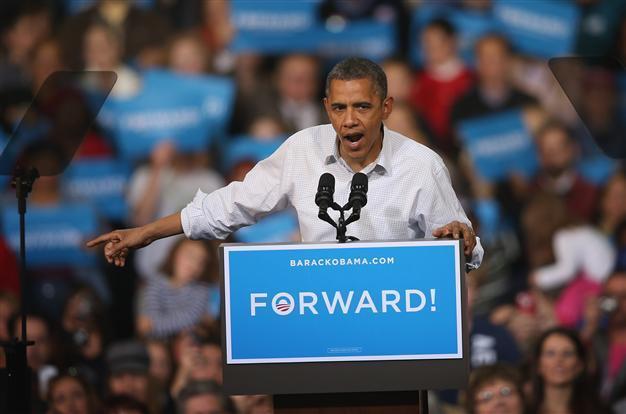
A recent survey, carried out by the French news agency Agence France-Presse, suggests Turkish politicians are among the most influential figures on social media such as Twitter. AFP Photo
“We just made history,” tweeted the campaign managers of Barack Obama four years ago, a reference, among other things, to the effective use of social media throughout the Obama campaign. If John F. Kennedy was the first American president to have used the new medium, television, to his advantage, Obama was the first one to use social media, successfully managing a flourishing grassroots campaign.Regardless of who becomes the next occupant of the White House, the U.S. presidential elections tomorrow will not be the elections that made history. It was the 2008 elections. “If not for the Internet, Barack Obama would not be president or even the democratic nominee,” Arianna Huffington of the Huffington Post website boldly said following Obama’s win in 2008.

Well aware of Obama’s appeal to the younger audience, the campaign used every possible social media platform to their advantage.
Blogs, Facebook, Twitter, YouTube, podcasts, even video games became integral parts of their communication strategy. Social media was also used to the full advantage for funding. Most of Obama’s followers contributed through social media. In fact, 92 percent of his donations were less than 100 dollars.
And this election? Some, if not most, of Obama and Mitt Romney’s head-to-head race can be attributed to social media. Obama is going stronger with social media, with a chief technology officer appointed for the first time in American history. But unlike the John McCain campaign, the Republicans are now aware of the power of social media and are using it almost as efficiently.
Social media is the number-one activity for people online in Turkey. It is the seventh biggest country on Facebook, 10th on Twitter, and 16th on LinkedIn, the professional networking platform. Nearly 90 percent of those who have access to Internet are on Facebook. But are Turkish politicians aware of the power of social media in Turkey?
Turkish politicians take on social media
A recent survey, carried out by the French news agency Agence France-Presse, suggests many Turkish politicians are among the most influential figures on social media.

While the political leaders have Twitter followers measured in the millions, most of them hardly use the microblogging platform true to the nature of social media, as an interactive platform. Both Erdoğan and Kılıçdaroğlu use it merely to place announcements and advertisements. They refrain from answering messages directed at them, with Erdoğan’s condescending tone evident in each Twitter message he (or his team) sends.
Erdoğan’s Twitter profile directs the followers to his Facebook page, with 1.6 million likes, a platform for further self-aggrandizement, photo albums and videos with the prime minister in all his glory and with not a single antagonistic voice among the thousands of comments. Kılıçdaroğlu’s page, with 1.3 million followers, is no different.
The two figures that seem to understand how Twitter works, while playing along accordingly, are Gül and the co-chair of the Peace and Democracy Party (BDP), Selahattin Demirtaş. Gül tries to use a personal tone, almost like in a conversation, and – albeit rarely –answers questions directed at him. Demirtaş, with 85,000 followers, is a true motivator, knows the power of reaching his followers in a matter of minutes, tries answering most of the questions, and retweets messages relevant to his politics.
Most Turkish politicians on social media are either aggressive – take Ankara Mayor Melih Gökçek’s continuous insults and assaults on Twitter for instance – defensive, or apprehensive. When faced with questions, they seem to freeze, and at best, stay timid. William S. Burroughs might have said it best: “A paranoid is someone who knows a little of what’s going on.”


